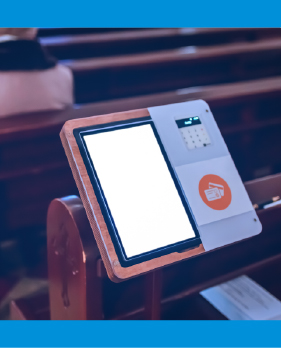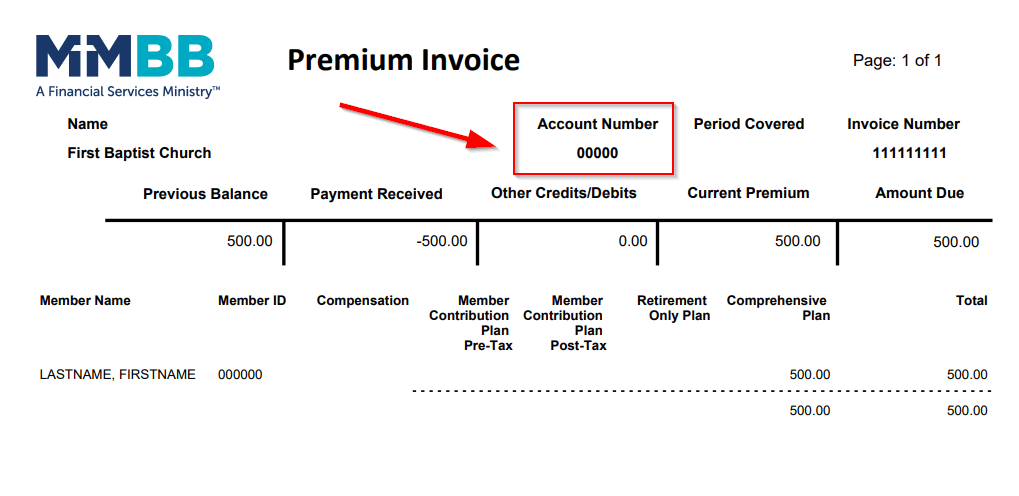Five Ways Digital Tools Can Streamline Church Financial Management
In an era where digital transformation touches every aspect of life, churches are increasingly embracing technology to manage their finances with greater transparency, efficiency, and stewardship. From budgeting and donations to payroll and reporting, digital tools are revolutionizing how faith-based organizations handle money—freeing up time and resources to focus on ministry. We have explored five ways technology can make church financial management easier.
1. Simplifying Donations and Tithing
Gone are the days when Sunday offerings were limited to cash and checks. Today, churches use platforms like Pushpay, Tithe.ly, and Givelify to enable online giving, mobile donations, and even text-to-give options. These tools not only make it easier for congregants to contribute but also provide churches with real-time tracking and automated receipts, reducing administrative overhead.
Recurring giving features encourage consistent support, while integrations with church management systems (ChMS) allow financial data to sync seamlessly with member records. This empowers churches to better understand giving trends and plan accordingly.
2. Streamlining Budgeting and Accounting
Churches often operate with limited staff and complex funding sources—from tithes and grants to designated gifts and capital campaigns. Accounting software like QuickBooks for Nonprofits, Aplos, and Realm helps churches manage these intricacies with precision.
These platforms offer features tailored to nonprofit needs, such as fund accounting, budget tracking, and financial reporting. With cloud-based access, finance teams and church leaders can collaborate remotely, ensuring transparency and accountability. Automated workflows for expense approvals and bank reconciliations further reduce errors and save time.1
3. Enhancing Payroll and Staff Management
Managing payroll for pastors, administrative staff, and part-time workers can be challenging, especially when dealing with housing allowances, tax exemptions, and benefits. Digital payroll services like Church Windows simplify this process by handling tax filings, direct deposits, and compliance with IRS regulations specific to clergy.
These tools also support time tracking, employee onboarding, and benefits administration—ensuring that staff are paid accurately and on time, while reducing the burden on church administrators.2
4. Improving Financial Transparency and Reporting
Transparency is vital for building trust with congregants and stakeholders. Digital financial tools allow churches to generate detailed reports on income, expenses, and fund balances. Dashboards provide visual insights into financial health, while customizable reports can be shared with boards, donors, and the congregation.
Some platforms even offer donor analytics, helping churches identify giving patterns and engage supporters more effectively. This data-driven approach fosters informed decision-making and strategic planning.3
5. Strengthening Security and Compliance
Churches handle sensitive financial data that must be protected. Digital tools offer robust security features such as encryption, multi-factor authentication, and audit trails. They also help ensure compliance with nonprofit regulations, tax laws, and internal policies.
By automating recordkeeping and maintaining digital backups, churches reduce the risk of data loss and fraud. Regular software updates and vendor support further enhance reliability and peace of mind.
Stewardship in the Digital Age
Technology is not a replacement for faith—it’s a tool that empowers churches to steward their resources wisely. By embracing digital solutions, churches can streamline financial management, increase transparency, and focus more fully on their mission.
As the landscape of ministry evolves, so too must the tools we use to support it. Whether you're a small congregation or a large multi-campus church, investing in the right financial technology can make a profound difference in how you serve your community and honor your calling.
The content in this article is provided for informational purposes only. The inclusion of references to third parties does not constitute an endorsement by MMBB.
Sources:
- Leveraging Technology In Church Finances And Bookkeeping: The Path To A Healthy 2. Church Accounting System - ChurchTechToday.com | Resources For Today's Church Pastor And Church Tech Teams
- From Spreadsheets to Software: Why Embracing Technology is Key to Your Church’s Financial Stewardship | ACS Technologies








 Next
Next



